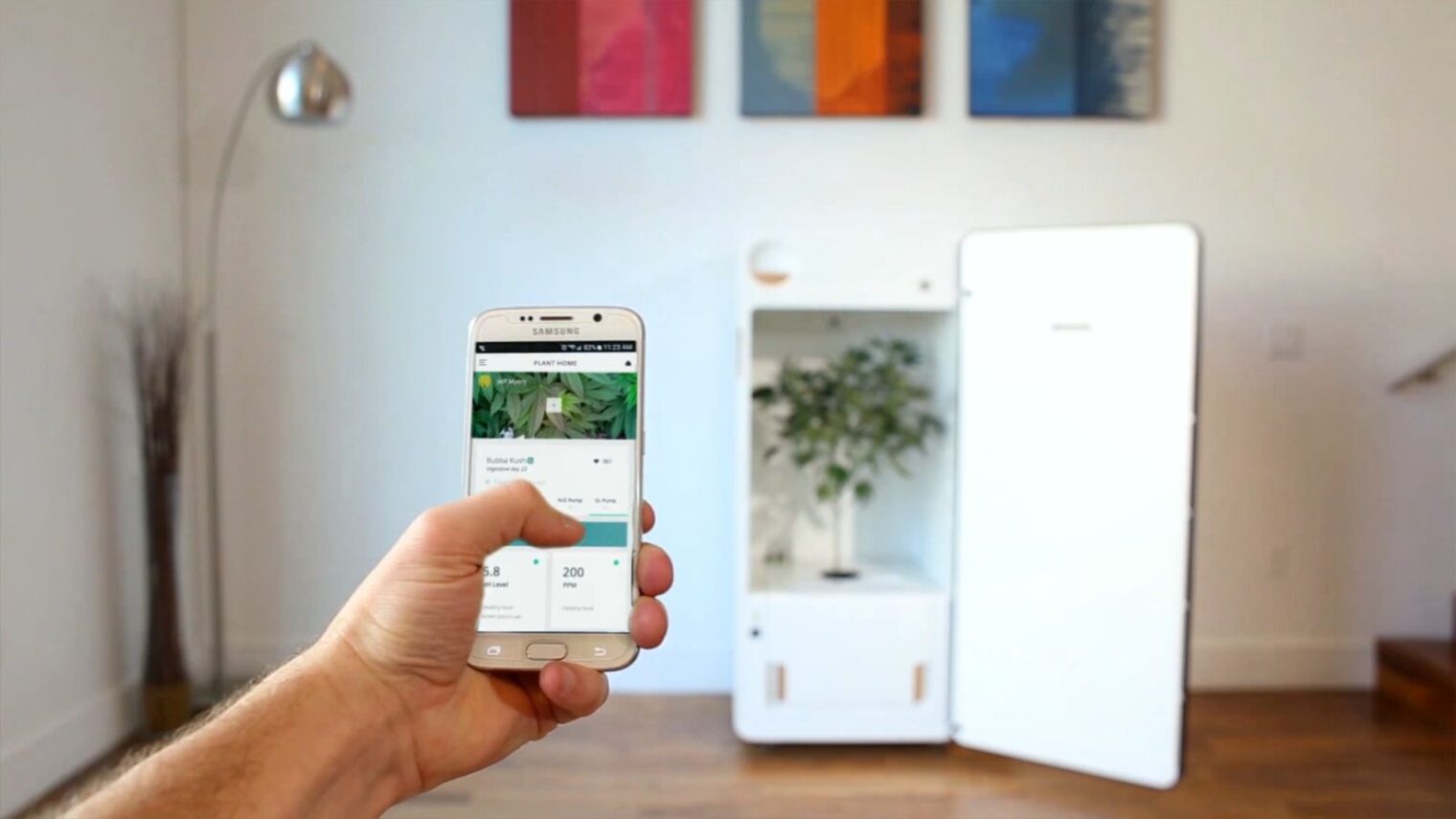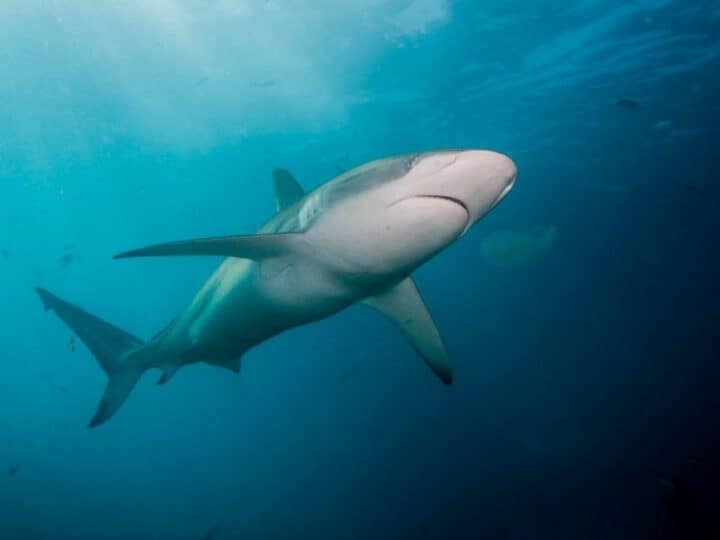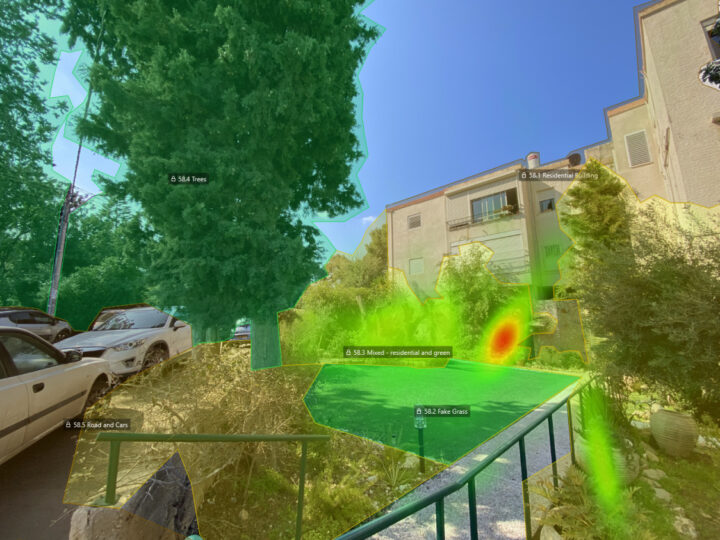With seven more US states voting to legalize forms of medical or recreational marijuana use on November 8, the upcoming rollout of the Leaf “plug-n-plant” system for growing the crop at home couldn’t have been better timed.
“It’s an exciting time to launch,” CEO and cofounder Jonathan (Yoni) Ofir tells ISRAEL21c. “We’re seeing a very interesting trend even among traditionally conservative states, and it could be the beginning of the end of the federal ban on cannabis. From an industry perspective, this makes our product even more appealing to entrepreneurs and investors.”
Leaf looks like a small refrigerator (2 feet by 4 feet) but it’s actually a sophisticated automatic cannabis-cultivation system.
“On average you will yield 4 ounces of high-quality, pesticide-free medicine every three months,” says Ofir. “Our beta testers have grown almost double that in certain cases.”
You don’t need pots, soil or even a green thumb. Water, light, acidity, temperature, humidity and nutrients all are monitored by sensors and controlled by a smartphone app. The system dries the leaves at the end of the grow cycle so they’re fully ready for consumption.
An embedded HD camera provides a live stream of images during the process for users to share via the app, which also offers explanatory video clips.
The Leaf system is available online in the near future at a preorder price of $2,990 through early 2017, for shipping next September. A $300 deposit is required; the balance will be collected at time of shipment and the deposit can be refunded up until that time.
“Initially we will be shipping to the USA and Canada,” says Ofir. “We are currently working on international distribution partnerships to be able to ship worldwide.”
Leaf will realize additional revenues from renewables: carbon filters to keep odors from escaping the unit, and disposable nutrient pods from Advanced Nutrients, one of Leaf’s strategic investors. The pods fit into the machine like ink cartridges in a printer.
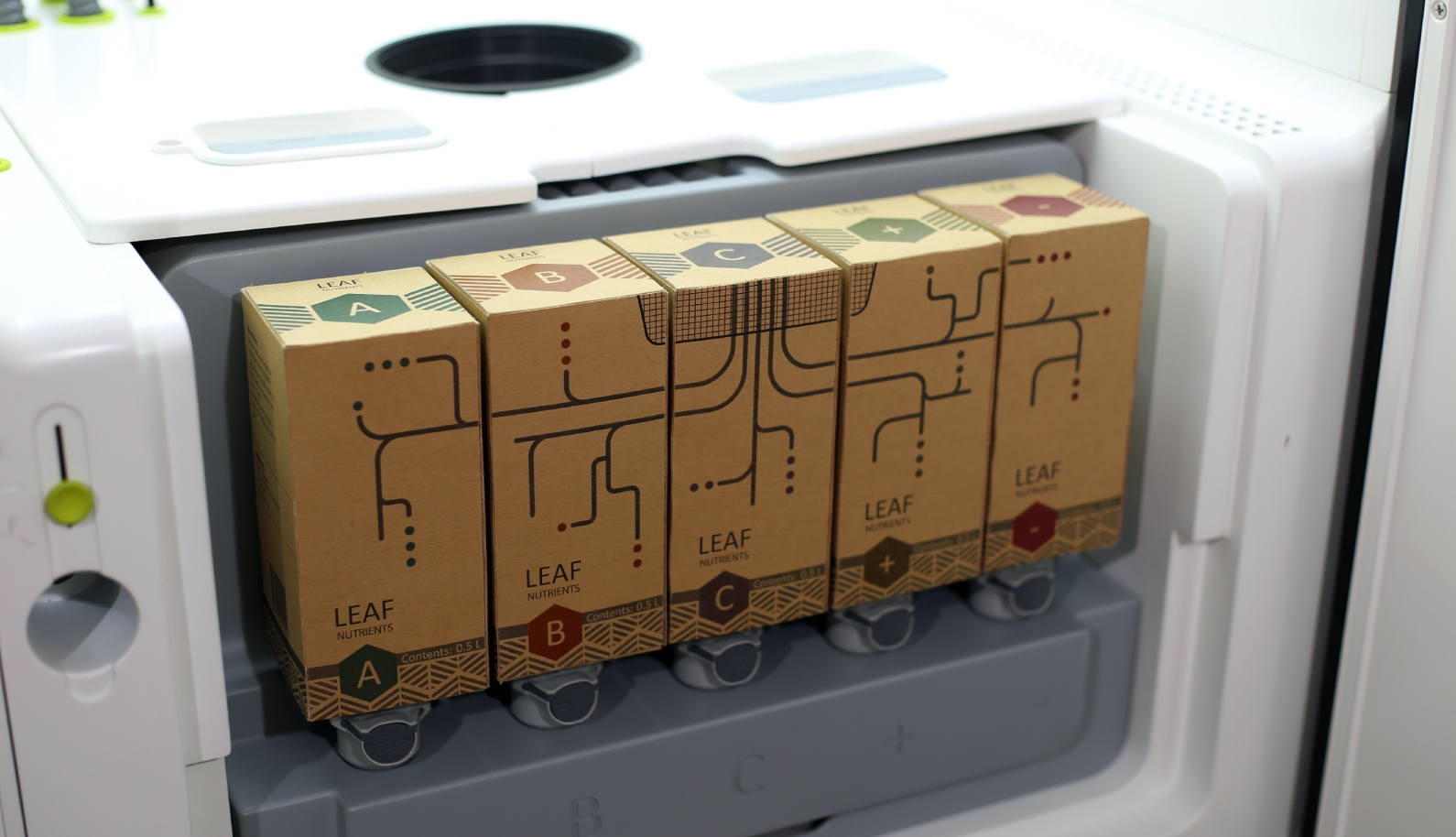
Market opportunity
Ofir was born to Israeli parents in California, where marijuana was legalized for medical use in 1996 and is now approved for recreational use as well. The family moved back to Israel in 2000, when he was 11.
His previous startup, Alcohoot, invented a smartphone breathalyzer and was sold to an American company a couple of years ago. That freed up Ofir to work on another project.
“I had a [medical marijuana] growing license and I realized there were a lot of things I could automate about the process, so I started building the Leaf prototype for myself,” he relates. “Many people were interested in it and we recognized a market opportunity. That’s how we started and it’s taken off from there.”
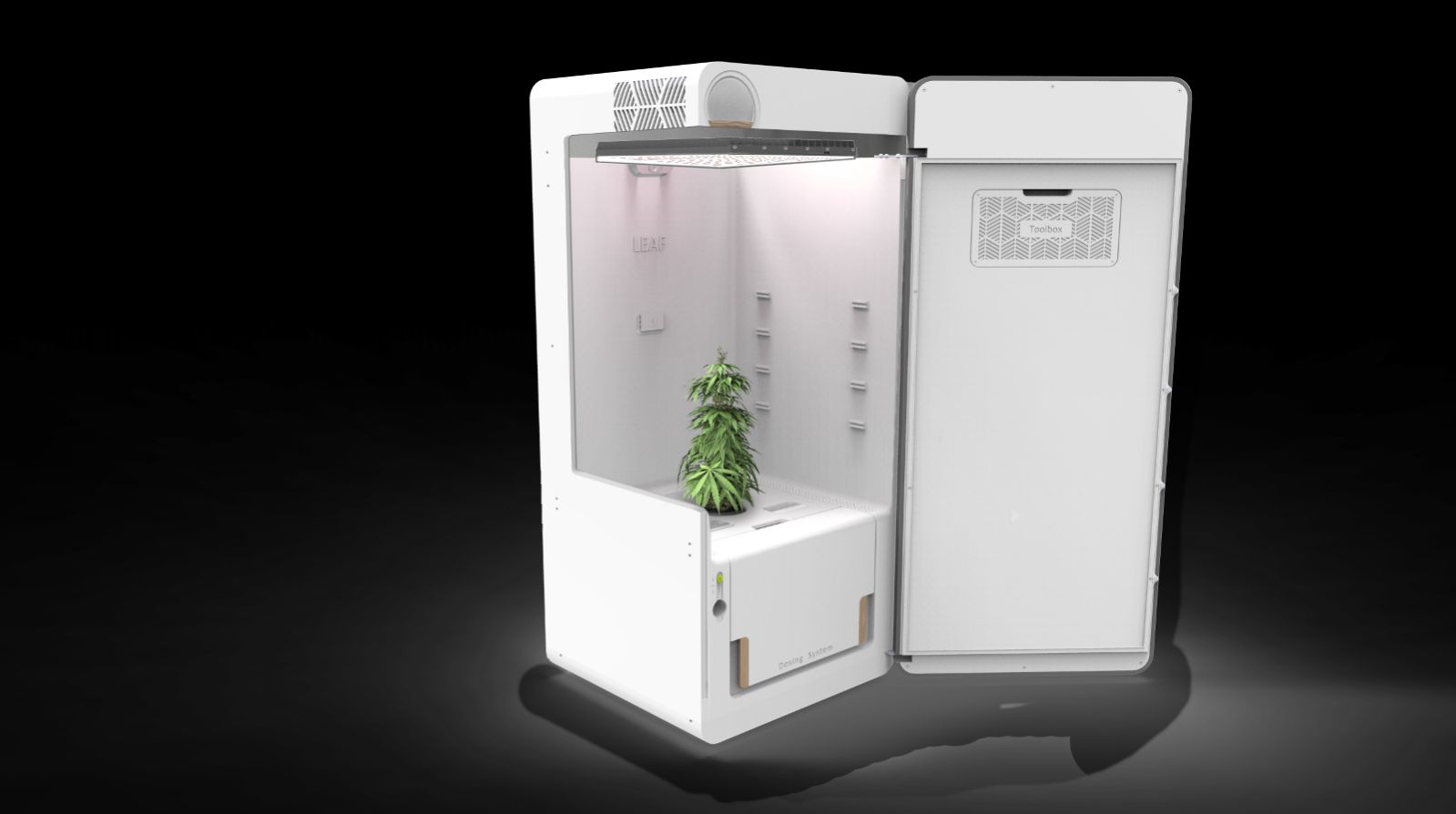
Ofir and cofounder Eran Mordechay, Leaf’s CTO, raised $2 million in their first funding round after establishing the company last year.
Leaf has about 20 employees, including five horticulturalists doing growth and nutrient testing in the company headquarters outside Boulder, Colorado, where growing cannabis is legal. “We plan to expand that office tremendously as we start sales and customer service,” says Ofir.
All research and development activities are based in Tel Aviv. Ofir says this is where he and Mordechay had all the agricultural, engineering, industrial design and medical research resources they needed. Israel is renowned for advanced cannabis research.
“It was extremely easy to recruit top-tier employees who are really passionate about what we’re doing,” Ofir tells ISRAEL21c.
“We always had a scientific approach and our product has been built to be a sort of lab tool where you can change parameters to create the very best medicine for yourself, chemical- and pesticide-free.”
As the shifting winds in the United States attest, growing cannabis is no longer about counterculture hippies or fringe medical practitioners.
“The one commonality in Leaf’s market is people who use cannabis on a regular basis, but besides that it spans across every age group, gender and profession,” says Ofir.
For more information, click here.
Update: Some 1,500 units of the Leaf system, sold for $3,000 apiece, were ready for shipping in spring 2018.




